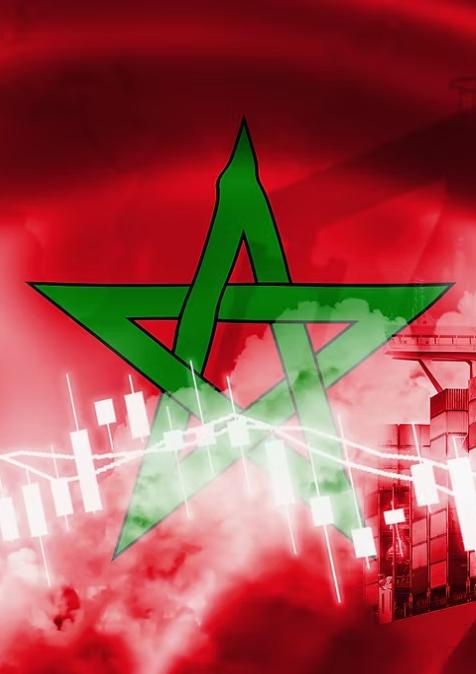Publications /
Policy Brief
En attribuant le Prix Nobel d'économie 2021 à trois représentants de l'économie expérimentale, D. Card, de Princeton, J. Angrist, du MIT et Imbens, de Princeton, le jury a non seulement distingué trois de ses meilleurs représentants, mais a aussi confirmé la montée en puissance de cette discipline, qui constitue à elle seule une révolution au sein de la science économique, remettant en cause les modèles théoriques sur lesquels elle s'était construite.
Cette économie expérimentale vise à constituer des données empiriques, à partir d'expériences comportementales, individuelles ou collectives. Données, ensuite, analysées à partir d'outils économétriques, permettant de mettre en valeur des liens de causalité entre un ou des facteurs et leur incidence économique. Ce qui explique que les lauréats sont des économistes du travail, Card et Imbens, ou de l'éducation, Angrist, mais aussi des économètres reconnus. En 2002, D. Kahneman et V. Smith, qui sont parmi les pionniers de cette nouvelle approche méthodologique, ont été distingués par le jury Nobel. En 2011, T. Sargent et C. Sims, en 2015 A. Deaton, en 2017 R.Thaler, en 2019Banerjee, E. Duflo et M. Kremer vont rejoindre les lauréat(e)s du Nobel d'économie. Aussi, la nomination de Card, d’Angrist et d’Imbens n'est en rien une surprise, contribuant cependant à donner un coup d'accélérateur à l'économie expérimentale.










